Mapping the Knowledge Panorama: A Deep Dive into Map Tables
Associated Articles: Mapping the Knowledge Panorama: A Deep Dive into Map Tables
Introduction
On this auspicious event, we’re delighted to delve into the intriguing matter associated to Mapping the Knowledge Panorama: A Deep Dive into Map Tables. Let’s weave attention-grabbing info and supply recent views to the readers.
Desk of Content material
Mapping the Knowledge Panorama: A Deep Dive into Map Tables
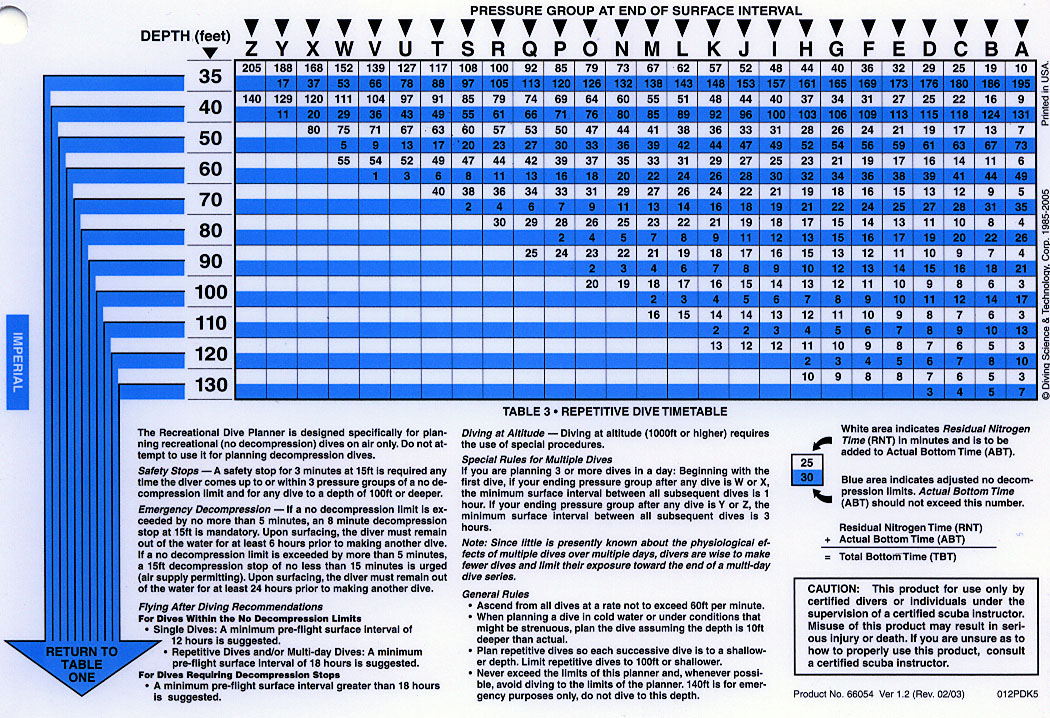
Map tables, also referred to as bridge tables, junction tables, or associative tables, are a elementary part of relational database design. They serve the essential operate of representing many-to-many relationships between information entities, enabling environment friendly information storage and retrieval in eventualities the place a easy one-to-one or one-to-many relationship is inadequate. This text will discover the intricacies of map tables, their objective, design issues, implementation strategies, and the benefits they provide over various approaches.
Understanding Many-to-Many Relationships
Earlier than delving into the specifics of map tables, it is essential to grasp the context during which they’re essential. Think about a state of affairs involving college students and programs. A scholar can enroll in a number of programs, and a course can have a number of college students enrolled. This can be a basic instance of a many-to-many relationship: many college students are related to many programs. Instantly representing this relationship inside a single desk would result in information redundancy and anomalies, violating elementary rules of database normalization.
Think about a desk trying to immediately symbolize this relationship:
| StudentID | StudentName | CourseID | CourseName |
|---|---|---|---|
| 1 | John Doe | 101 | Introduction to Programming |
| 1 | John Doe | 102 | Database Methods |
| 2 | Jane Smith | 101 | Introduction to Programming |
| 2 | Jane Smith | 103 | Linear Algebra |
| … | … | … | … |
Discover the redundancy: "John Doe" and "Introduction to Programming" are repeated. Updating details about a scholar or a course requires a number of updates, rising the chance of inconsistencies and information corruption. That is the place map tables come to the rescue.
The Function of the Map Desk
A map desk elegantly resolves the many-to-many relationship by introducing an middleman desk. This desk hyperlinks the 2 unique tables (College students and Programs in our instance) by means of overseas keys, making a many-to-many affiliation with out redundancy.
The construction of our map desk would appear to be this:
| StudentID | CourseID |
|---|---|
| 1 | 101 |
| 1 | 102 |
| 2 | 101 |
| 2 | 103 |
| … | … |
This desk comprises solely the IDs of the scholars and programs, establishing the connection between them. The scholar and course info stays of their respective tables:
College students Desk:
| StudentID | StudentName |
|---|---|
| 1 | John Doe |
| 2 | Jane Smith |
| … | … |
Programs Desk:
| CourseID | CourseName |
|---|---|
| 101 | Introduction to Programming |
| 102 | Database Methods |
| 103 | Linear Algebra |
| … | … |
This three-table design eliminates information redundancy and simplifies information administration. Updating scholar or course info solely requires modifying a single row within the respective desk, sustaining information integrity.
Key Design Concerns for Map Tables
Whereas seemingly easy, designing efficient map tables requires cautious consideration:
- Naming Conventions: Select descriptive names that clearly point out the desk’s objective. Widespread prefixes embrace "Map," "Junction," or "Affiliation."
- Main Key: The map desk ought to have a composite main key, usually consisting of the overseas keys from the 2 associated tables. This ensures uniqueness and prevents duplicate entries.
- Overseas Key Constraints: Implement referential integrity by defining overseas key constraints on the overseas keys referencing the associated tables. This ensures information consistency and prevents orphaned data.
- Extra Attributes: Whereas not all the time essential, you’ll be able to add extra attributes to the map desk to retailer related details about the connection itself. For instance, in our student-course instance, you can add a "Grade" attribute to retailer the scholar’s grade in every course.
- Indexing: Correct indexing is essential for efficiency, particularly with massive datasets. Think about indexing the overseas keys and the first key for environment friendly question execution.
Implementation and Querying
Implementing map tables entails creating the three tables (the 2 entity tables and the map desk) and defining the relationships between them utilizing overseas keys. Querying information involving map tables requires becoming a member of the tables to retrieve the related info. For instance, to retrieve all programs taken by John Doe, you’d carry out a be a part of between the College students desk, the Map desk, and the Programs desk.
SQL Instance (utilizing MySQL syntax):
SELECT c.CourseName
FROM College students s
JOIN StudentCourseMap m ON s.StudentID = m.StudentID
JOIN Programs c ON m.CourseID = c.CourseID
WHERE s.StudentName = 'John Doe';Benefits of Utilizing Map Tables
The advantages of using map tables are important:
- Knowledge Integrity: Eliminates information redundancy and reduces the chance of information inconsistencies.
- Knowledge Normalization: Adheres to database normalization rules, resulting in a extra environment friendly and sturdy database design.
- Flexibility: Simply accommodates modifications within the relationships between entities.
- Scalability: Handles massive datasets effectively because of decreased information redundancy.
- Maintainability: Simplifies information administration and reduces the complexity of updates and modifications.
Options and When To not Use Map Tables
Whereas map tables are invaluable for many-to-many relationships, there are conditions the place various approaches is likely to be extra acceptable:
- One-to-many relationships: A easy one-to-many relationship would not require a map desk. A overseas key within the "many" desk referencing the "one" desk is ample.
- Small datasets: If the variety of relationships is extraordinarily small, the overhead of making a map desk may outweigh the advantages.
- Efficiency issues (uncommon instances): In exceptionally performance-critical purposes with extremely optimized queries, various methods is likely to be explored, although that is unusual.
Conclusion
Map tables are a strong instrument within the arsenal of database designers. Their means to effectively symbolize many-to-many relationships whereas sustaining information integrity and selling scalability makes them a necessary a part of well-structured relational databases. By fastidiously contemplating the design rules and implementation strategies outlined on this article, builders can leverage the total potential of map tables to create sturdy and environment friendly information administration methods. Understanding their position and benefits permits for knowledgeable selections in database design, finally resulting in cleaner, extra maintainable, and scalable purposes. The seemingly easy idea of a map desk belies its profound impression on information group and administration in fashionable purposes.

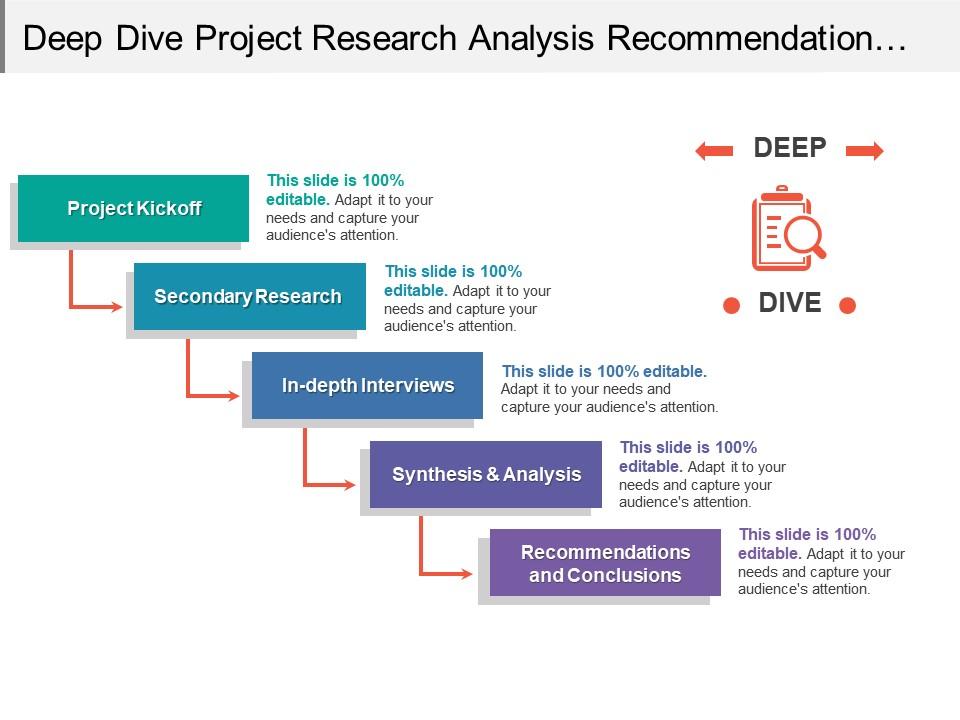
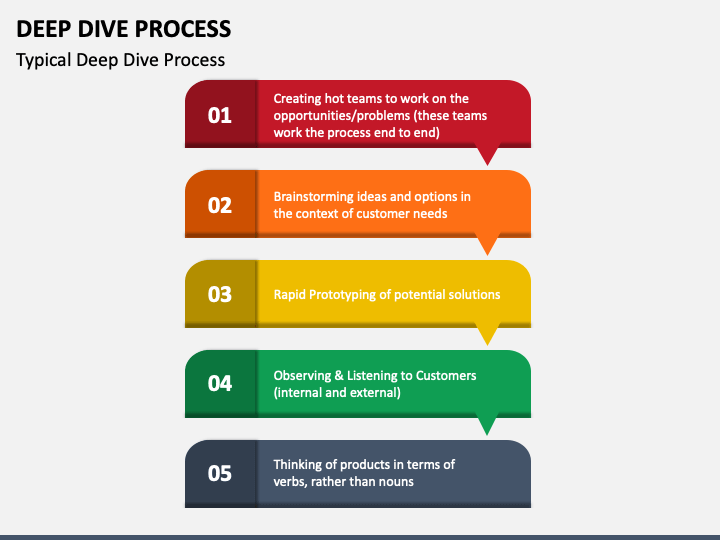
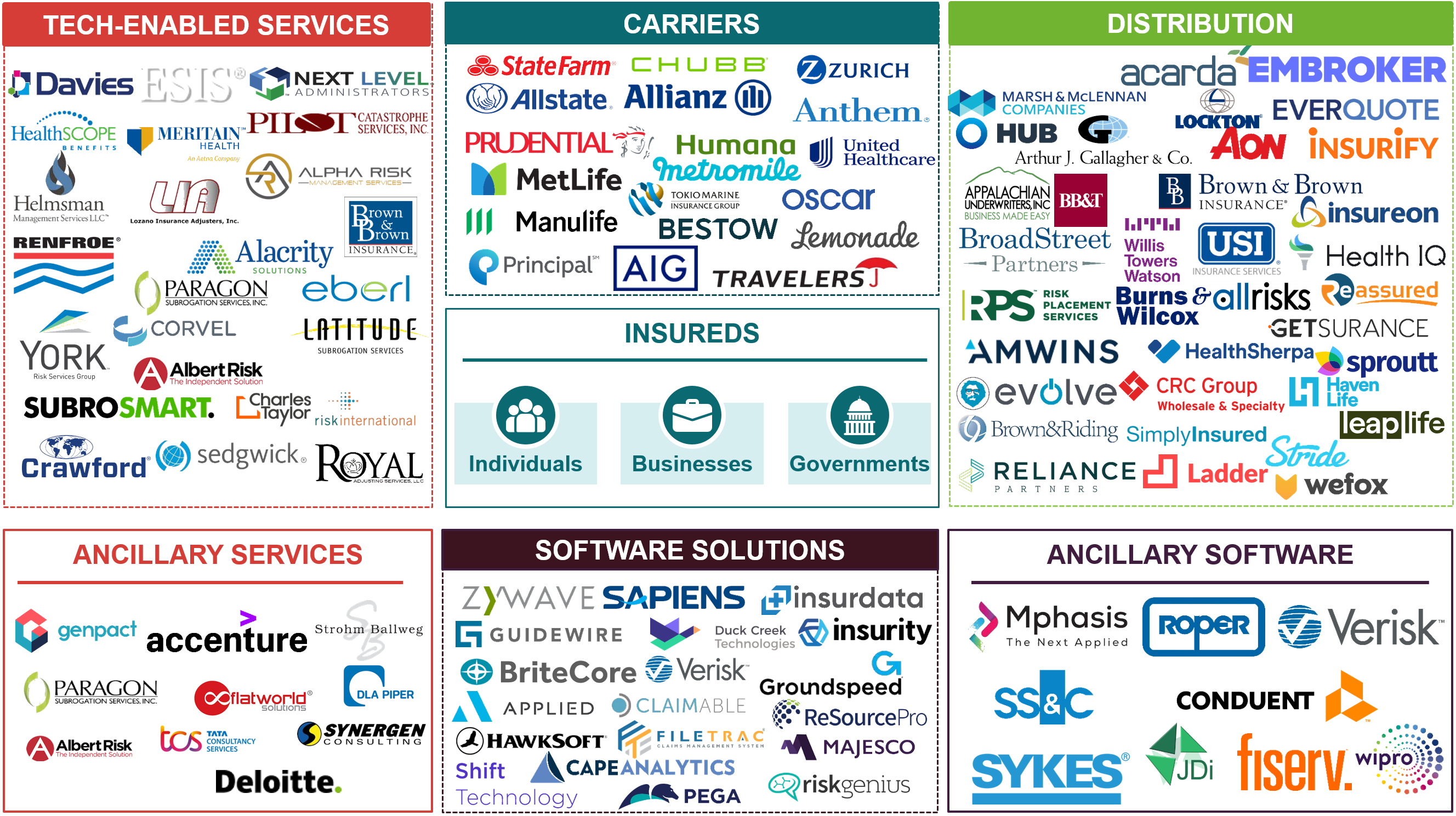

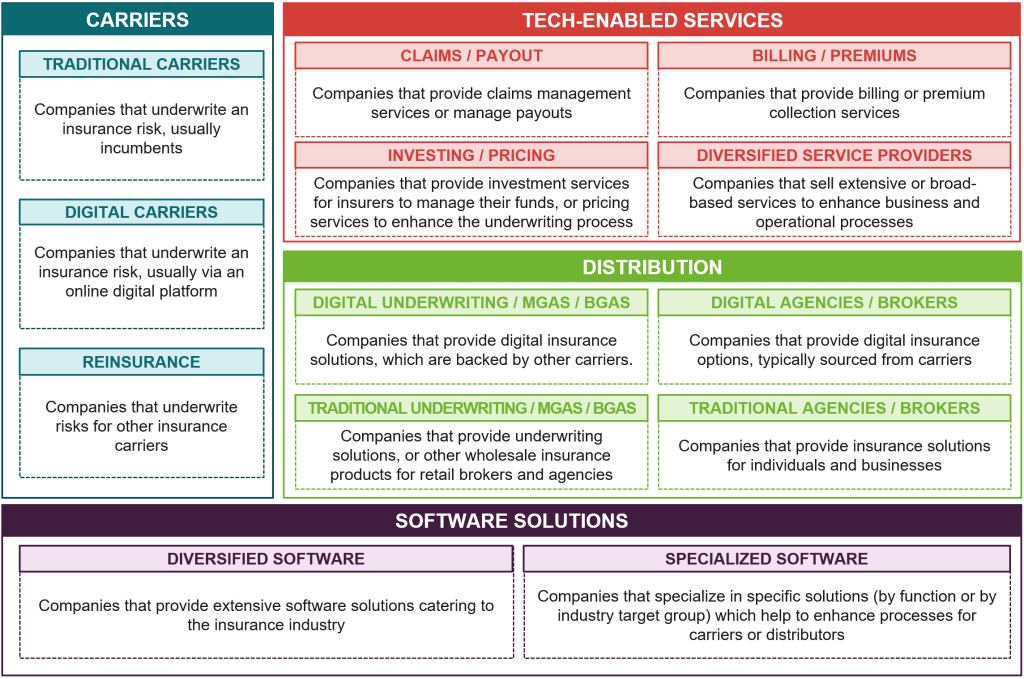


Closure
Thus, we hope this text has supplied invaluable insights into Mapping the Knowledge Panorama: A Deep Dive into Map Tables. We hope you discover this text informative and helpful. See you in our subsequent article!